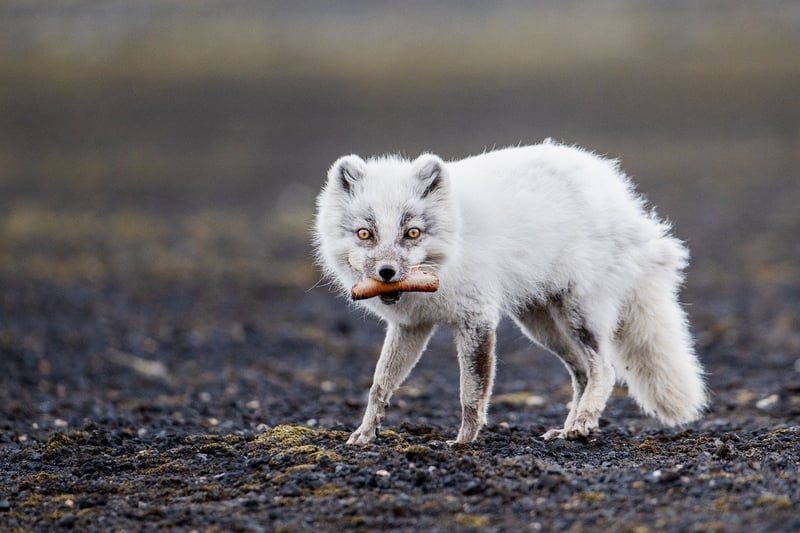Survival Skills
Maximize Your Adventure + Survival Skills
Embarking on an adventure into the great outdoors can be both exhilarating and challenging. Whether you're planning a hiking trip, camping in the wilderness, or simply exploring nature, having strong survival skills is essential to ensure a safe and enjoyable experience. Here are some tips to help you maximize your adventure and sharpen your survival skills:
1. Plan and Prepare
Before heading out, research your destination, familiarize yourself with the terrain, and pack essential gear such as a map, compass, first aid kit, water, and food. Inform someone of your itinerary and expected return time.
2. Learn Basic Survival Skills
Understanding how to build a shelter, start a fire, find clean water, and signal for help are fundamental survival skills. Practice these techniques in a controlled environment before your trip.
3. Navigation Skills
Carry a map and compass and know how to use them. GPS devices are helpful but can fail. Being able to navigate using traditional methods is crucial in case of emergencies.
4. Fire Starting Techniques
Master various fire starting methods like using matches, lighters, fire starters, or natural materials like flint and steel. Fire provides warmth, light, and can be used for cooking.
5. Wilderness First Aid
Basic knowledge of first aid is invaluable in outdoor emergencies. Learn how to treat common injuries, bites, and stings. Carry a first aid kit and medications you may need.
6. Water Sourcing
Knowing how to find and purify water is crucial. Research water sources in the area and carry purification tablets or a portable water filter to prevent waterborne illnesses.
7. Food foraging
Identify edible plants and fruits in the wild. Be cautious as some plants can be poisonous. Carry non-perishable food as a backup.
8. Stay Calm and Positive
In stressful situations, staying calm and positive can help you think clearly and make rational decisions. Panic can cloud judgment and hinder your ability to survive.
9. Leave No Trace
Respect nature and wildlife by practicing Leave No Trace principles. Pack out all trash, minimize impact on vegetation, and avoid disturbing animals.
By honing these adventure and survival skills, you can make the most of your outdoor experiences while ensuring your safety and well-being. Remember, preparation and knowledge are key to a successful adventure!

